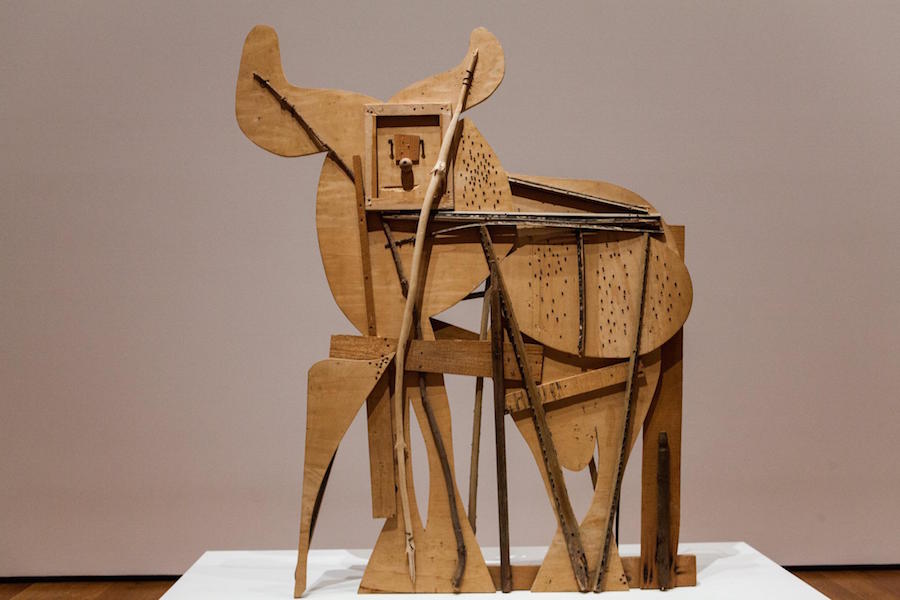Machines Before the Machines:
A Prehistory of Cybernetics Instructor: Brunella Antomarini Date & Time: Saturdays, May 30, June 6, 13, 20, 27, July 4, 11, 18 11 AM - 1:30 PM EDT

DESCRIPTION: This Seminar will address the reconstruction of modern philosophical theories, with a special focus on those which envisage and prepare the rise of cybernetics and systems theory. The Seminar will pay special attention to the ideas of force vive, feedback loop, material, automatic, and living manifestations, goal-seeking machines, and the finitude of nature, as well as the materialization of the souls and the spiritualization of matter. Each session will be supported by the reading of some of the most representative thinkers in this historical frame.
May 30: Cybernetics defined: things move themselves (Norbert Wiener, Pierre De Latil, Katherine Hayles). Science as knowledge of motion can be seen in different ways: as a human artifice, as a technique of nature, as an art, as a philosophy. We will consider a time before the increase in complexity of social systems and before the differentiation of the sciences. Cybernetics key-notions introduced: homeostasis, telos, error, matter, effector.
June 6: Leonardo’s playful science. Our starting point will be Leonardo da Vinci, as the heir of the ancient technology-art (Hero’s ‘steam engine’, Archimedes’ lever, Ctesibius’ water clock) and a path-finder of modern science. We’ll see how Leonardo’s optical theory (the eye as a retroactive machine) and its experimental inventions of perpetuum mobile implicitly introduced cybernetics.
June 13: Where is the cause of a phenomenon? The third section will be devoted to Francis Bacon’s method, as stated in Novum Organon: the cause is the rule of the process (a phenomenon has its internal rule). A description of Robert Boyle’s laboratory and his tools will be an example, together with Galileo Galilei, introducing error in experimentation and its retroactive character (margin of error being the basis for scientific truth).
June 20: Force vive without vitalism. This section will focus on a specific discussion about matter. Does matter have its own devices to govern itself (force vive by Leibniz) or is it inert and it is moved by an outside energy (Descartes’ force morte)? (Margaret Cavendish: matter is indivisible. Emilie du Chatelet: “Mister Newton is wrong”). This debate inaugurates the bifurcation between the scientists’ practice and the philosophers’ theories, what is testable and what is not but rather needs to be justified metaphysically.
June 27: Cybernetics in nature, history, economy. This class will explore the opposition between two epistemological views: Nature is both creator and creature in Spinoza’s analysis. Nature is an inert machine moved from an energy external to it, in Descartes’ analysis. Giovan Battista Vico can also guide the discussion through his verum factum theory: humans know what they make; history can cybernetically generate its own effects. Adam Smith too may be seen as the philosopher who identifies a cybernetics of economy.
July 4: How can a machine have an aim? In this session we will address the issue of man as a complex (or infinite) machine: La Mettrie’s man-machine and man-plant. Diderot (D’Alembert’s Dream): indistinction between matter and life. If matter does not need an external force, its internal force must be at the same time mechanical and teleological. The answer is in the correlated notions of error and effector.
July 11: Nature is a technique. In the XIX century Samuel Butler’s Erewhon imagines a new science: Hypothetics, studied in the Colleges of Unreason. In the same years and on the other side of the ocean C. S. Peirce suggests a theory of knowledge that must consider the laws of nature in constant evolution, that is, in constant self-reproduction and self- regulation.
July 18: Conclusion. The invention of the natural occurs through the artificial. Technology will appear at last as an omni-pervasive phenomenon of nature. A glimpse at the ongoing discussion of these matters through Friedrich Nietzsche, Katherine Hayles, Roberto Cordeschi.
Image: Pablo Picasso, Cannes (Bull), c. 1958
To see The New Centre Refund Policy CLICK HERE.
To see The New Centre Refund Policy CLICK HERE.